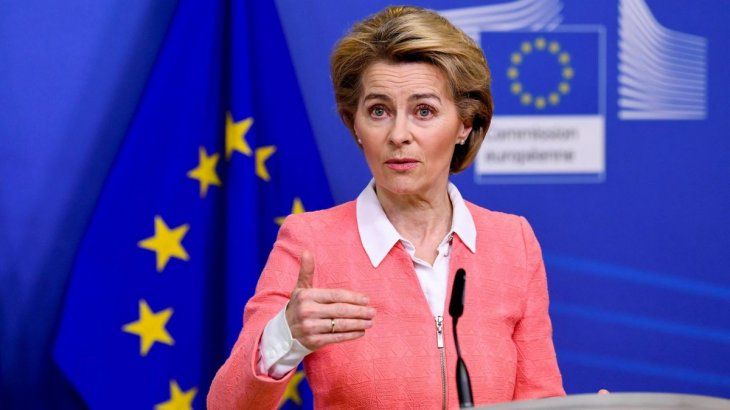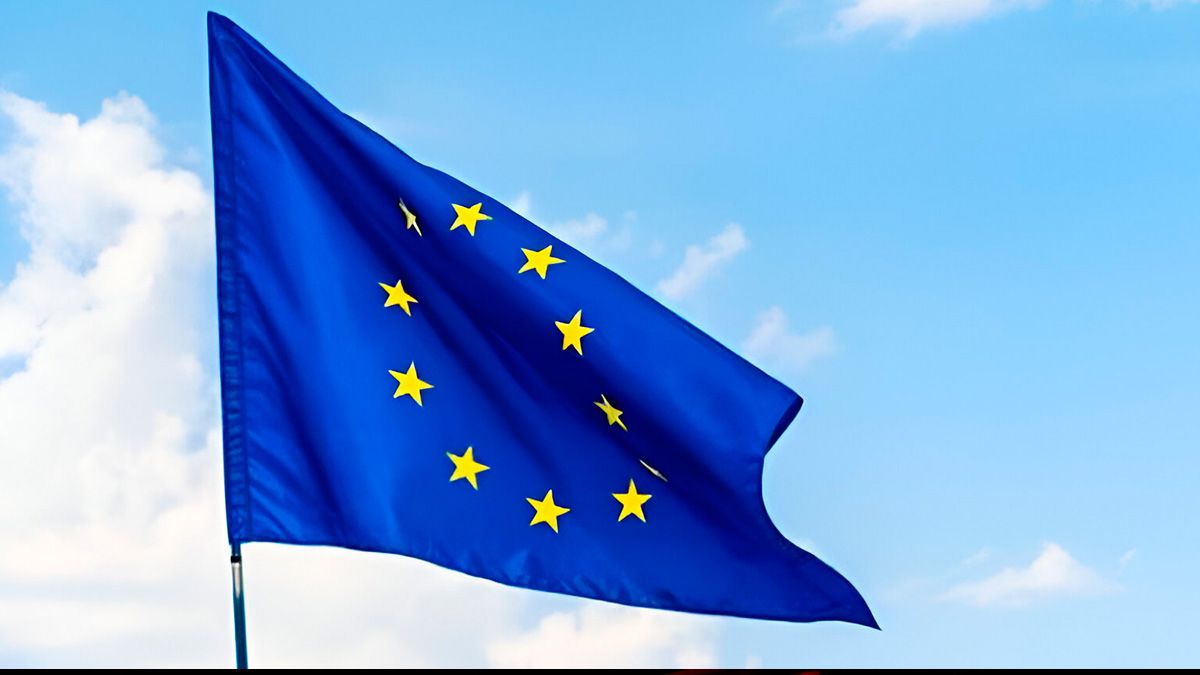“Europe has become less competitive and less innovative than other regions and today risks losing even more ground in the AI era due to inconsistent regulatory decisions,” the letter published Thursday said.
“In recent times, regulations have become fragmented and unpredictable,” argue the signatories, who consider that the interventions of the European authorities “have generated a lot of Uncertainty about the type of data that can be used to train AI models.” This is why they are calling on European policy makers “harmonized, coherent, rapid and clear decisions on data regulations in the EU”.
META.JPG
The technology companies’ request was made in an open letter.
Reuters
In August the law officially came into force. New European legislation to regulate AIa world pioneer, which has the aim to promote innovation while protecting privacy. The regulations imposes restrictions on AI systems if they pose a danger to society. It also forces systems such as ChatGPT to guarantee data quality and respect for copyright.
The new legislation will not be fully implemented until 2026 but some provisions will become binding next year.
Europe and the first law regulating AI
The international organization is the first to decree a legal framework for the development of this type of technology. The law had been approved in March, but it came into effect from the month of August.
The regulations assign their rules to each company that uses them. AI systems based on four levels of risk: no risk, minimal risk, high risk and prohibited AI systemsThis categorization also determines what deadlines apply to each company to comply with the new legislation.
Ursula von der Leyen 2.jpg

Ursula von der Leyen, President of the European Commission.
In this line, with the entry into force of the law, the EU will totally prohibit certain practices from February 2025. Among them are those that manipulate a user’s decision making or expand the databases of facial recognition through Internet scraping.
Other AI systems that are considered high risk, such as those collect biometric data and those used for critical infrastructure or labor decisionswill have to comply with the strictest rules. Among the requirements, companies will have to show their AI training datasets and they must also provide evidence of human supervisionamong other requirements.
Thomas Regnier, spokesman for the European Commission, said that “Around 85% of AI companies” current ones fall into the third category of “minimal risk“, with very little regulation required.
The entry into force of the regulations will require EU States to create competent national authorities – with a deadline of August – to oversee the application of the regulations in their country. In turn, the members of the European Commission are preparing to accelerate investments in AI, with an expected injection of 1 billion euros in 2024 and up to 20 billion in 2030.
Argentina: artificial intelligence in security
In Argentina, there is currently no debate on the creation of a legal framework to contain this new market. However, progress has been made in other types of regulations or specific applications.
This is the case of the initiative of the Ministry of Security, presented last Tuesday: the creation of the Artificial Intelligence Unit Applied to Security (UIAAS).
Patricia Bullrich

The resolution creating the Artificial Intelligence Unit Applied to Security was signed by Patricia Bullrich, Minister of National Security.
Ignacio Petunchi
According to the proposal, the space will belong to the Directorate of Cybercrime and Cyber Affairs and, as detailed in the Resolution 710/2024, will be composed of federal forces personnel. The main objectives of this body will be “patrol social networks, apps, internet sites and the dark webfor the subsequent investigation of crimes and identification of perpetrators” as well as “analyze images from security cameras in real time in order to detect suspicious activities or identifying wanted persons“.
The initiative also proposes using machine learning algorithms to analyze historical crime data. In this way, it is hoped to be able to “predict future crimesdetect cyber threatsprocess large volumes of data from various sources to extract useful information, perform dangerous tasks (such as defusing explosives) and analyze Social media activities to detect potential threats“.
According to the resolution, the UIAAS will be subject to the tasks of cyber patrols previously established by the Ministry of Security during May. These activities were detailed in the Resolution 428/2024which specifies that the digital surveillance activity “may not interfere with the constitutionally guaranteed freedom of expression“.
In addition, ” will also be prohibitedObtain information, produce intelligence or store data about people or users based solely on their race, religious faith, private actions or political opinion“. Finally, the initiative establishes that the competent bodies must prepare, on a monthly basis, a management report.
Source: Ambito




